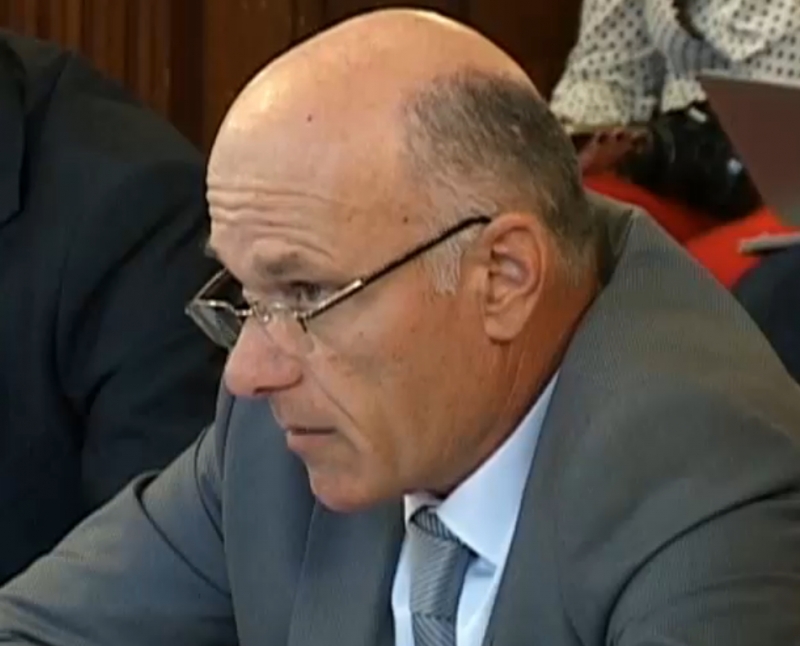The National Assembly of the Republic of Serbia, in cooperation with the Inter-Parliamentary Union (IPU), and with the support of the OSCE Mission to Serbia and Initiative Open Parliament, organised the working forum in Belgrade today on the topic of the “Democracy and active citizens - path towards open parliaments”. The event was held on the occasion of the marking of International Day of Democracy, with this year’s official slogan "Stronger Democracies - Get Engaged Now!"
Participants of the Forum were the Secretaries General of the parliaments of Bosnia and Herzegovina, Montenegro and Serbia, as well as representatives of civil society and international organisations, and the Service of the National Assembly of the Republic of Serbia.
On behalf of the host, the working forum was opened by Ms Svetislava Bulajić, Secretary General of the National Assembly of the Republic of Serbia, who spoke about the segments of openness and projects of the Serbian Assembly that have been improved in the past period. Ms Bulajić stressed that parliamentary openness was a great challenge, huge and everyday work, which involved constant efforts of everyone in the parliament and constant exposure to the eyes, assesment and evaluation of the public.
The work of the event was realised in two panels: "Openness and transparency of parliaments in Serbia and the region - action plans for openness and benefits of parliamentary involvement in the Open Government Partnership Initiative" and "Civic participation in decision-making processes - successful solutions and models in the region".
Within the first panel, the Secretaries General of the National Assembly of the Republic of Serbia, Ms Svetislava Bulajić, of the Parliament of Montenegro, Mr Aleksandar Jovićević and of the Parliamentary Assembly of Bosnia and Herzegovina, Mr Kenan Vehabović, presented experiences of these parliaments regarding openness and transparency, shared examples of good practice and challenges in improving parliamentary openness.
In the presentation within this panel, the Secretary General of the Parliament of Montenegro, Mr Aleksandar Jovićević, said that the Parliament of Montenegro has been continuously striving to improve various elements of openness and transparency, and has been therefore recognised as one of the most open institutions in the country, if not the most open, but also as the most open parliament in the region. This has been confirmed by the annual research conducted by the Center for Research, Transparency and Accountability (CRTA) from Belgrade - Parliamentary openness index in the region, including the 2017 Index, the findings of which were presented at today's forum. Presenting various segments of the openness of the Parliament, Mr Jovićević paid special attention to the availability of information from the legislative process on the internet pages, bearing in mind the interest of the participants, so that citizens could follow the entire legislative path of the act, from entering into the parliamentary procedure until its adoption.
In the panel dedicated to civic participation in decision-making processes, the Secretary General of the Parliament of Montenegro spoke about the models most used in the Parliament of Montenegro, such as the participation of representatives of the civil sector in the meetings of parliamentary working bodies, possibility of submitting opinions and comments to the proposals for laws during the legislative process and initiatives for adopting or amending laws, organising public debates and so on. Mr Jovićević expressed his belief that an important form of benefit for the Parliament stemed from initiatives of non-governmental organisations to hold meetings of working bodies on various topics, which often resulted in quality discussions during thematic meetings, consultative or control hearings.
The working forum was an opportunity for representatives of civil society organisations to pose questions to the representatives of parliamentary services and present proposals for further improvement of transparency and openness of the highest legislative body.












